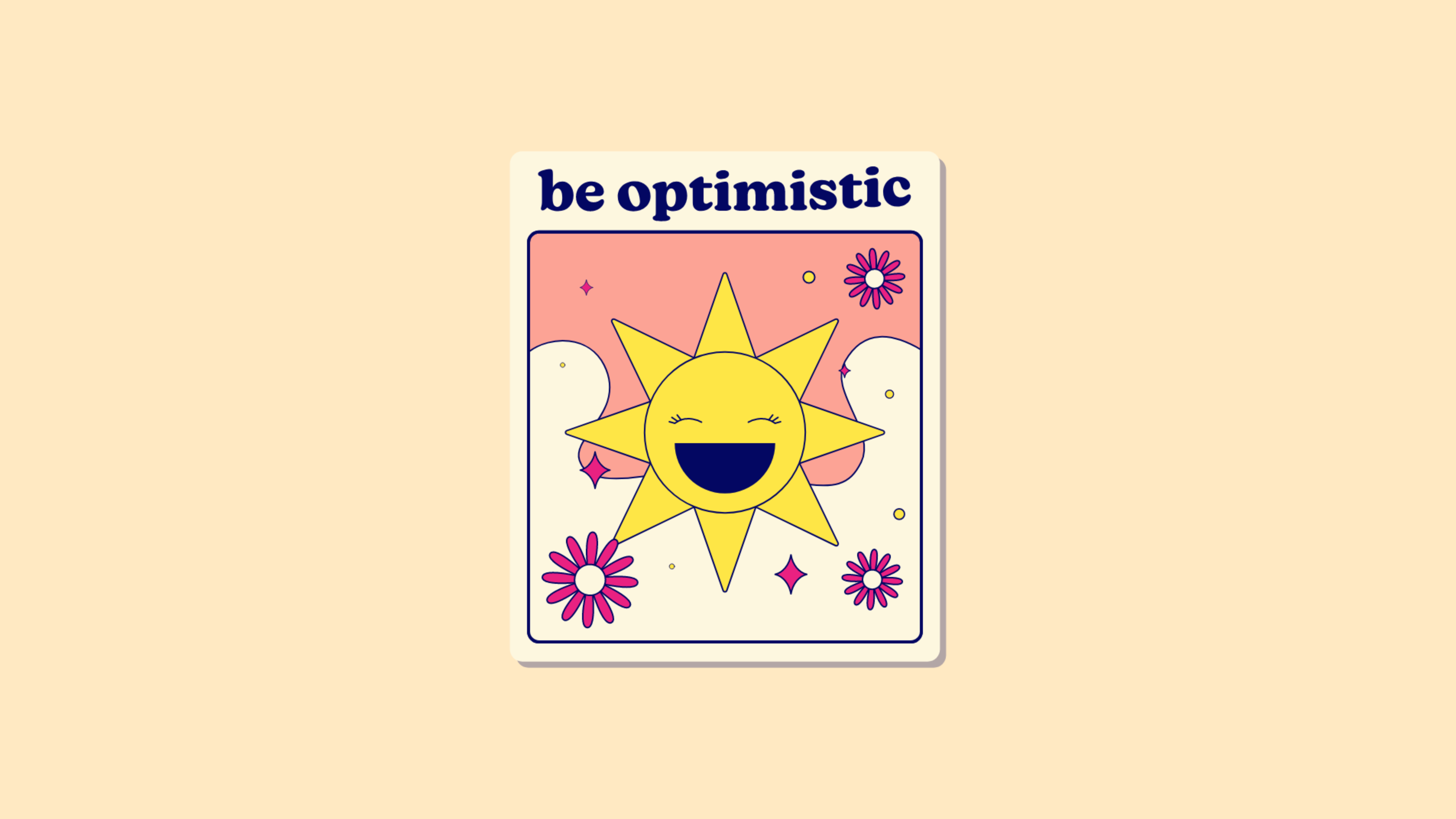The Art of Resilience: How to Bounce Back
Dear friends,

As a junior doctor, I've had my fair share of challenges and setbacks. Both in my personal life and in my professional career, I've experienced moments that tested my resolve and pushed me to my limits. There have been on-calls with back-to-back urgent bleeps and multiple acutely sick patients. There have also been moments in my life where everything has gone wrong and I’ve felt hopeless. In those moments, I've come to appreciate the importance of resilience — the ability to bounce back and adapt in the face of adversity.
In today's newsletter, I want to discuss the art of resilience and how you can cultivate this essential life skill to navigate through the ups and downs of life and work. Resilience is the capacity to recover quickly from difficulties, adapt to change, and maintain a sense of equilibrium despite setbacks. It's the mental and emotional strength that enables you to withstand life's challenges and bounce back stronger than before. Sadly life is unpredictable. Unexpected events, setbacks, and disappointments are inevitable, both in our personal lives and in our careers.
So, how can we cultivate an aura of resilience? Here are some things that have worked for me:
- Embrace Change: Accept that change is an inevitable part of life, and learn to adapt to new circumstances. Instead of resisting change, view it as an opportunity for growth and development.
- Practice Self-Compassion: Treat yourself with kindness and understanding when you're going through tough times. Remember that everyone experiences setbacks, and it's important to not be overly critical of yourself.
- Build a Support Network: Surround yourself with positive, supportive individuals who can provide encouragement and guidance during difficult moments. Don't be afraid to lean on your friends, family, and colleagues for help.
- Develop a Growth Mindset: Believe in your ability to learn and grow from challenges. Instead of seeing setbacks as failures, view them as opportunities to acquire new skills and knowledge.
- Focus on What You Can Control: Recognise that some things are beyond your control, and focus on the aspects of your life and work that you can influence. This will help you feel more empowered and capable of handling challenges.
- Practice Mindfulness: Cultivate awareness of your thoughts and emotions, and learn to stay present in the moment. This can help you manage stress, maintain perspective, and respond more effectively to difficult situations.
- Celebrate Small Victories: Acknowledge and celebrate your achievements, no matter how small they may seem. This can help build your confidence and reinforce your belief in your ability to overcome obstacles.
Cultivating resilience is not an overnight process; it requires practice, patience, and self-reflection. But by embracing these principles and incorporating them into your daily life, you can develop the strength and adaptability needed to bounce back from life's challenges and achieve lasting fulfilment.
Remember, true resilience lies not in avoiding setbacks, but in learning how to grow from them and emerge stronger than before.
Quote 🧠
We are what we repeatedly do.
Excellence, then, is not an act, but a habit.
— Aristotle
Link Up 🔗
Chat GPT-4 — If you’ve existed, you’ve probably heard that GPT3 has a new and improved model. It’s pretty sick, check out some real-life use cases.
Side Hustles — A great YouTube video by Oliur on some neat ways to make extra dollar if you’re interested in the digital or creator space.
Surrounded by Idiots — A very interesting book I recently read on the 4 common different types of human behaviours and the interplay.
As always be safe, and be happy.
Warm regards - Yath 🤟🏾
If you’d like to support me, I’d love a coffee!
Thanks for reading Mindful Progress! Subscribe for free to receive new posts and support my work.